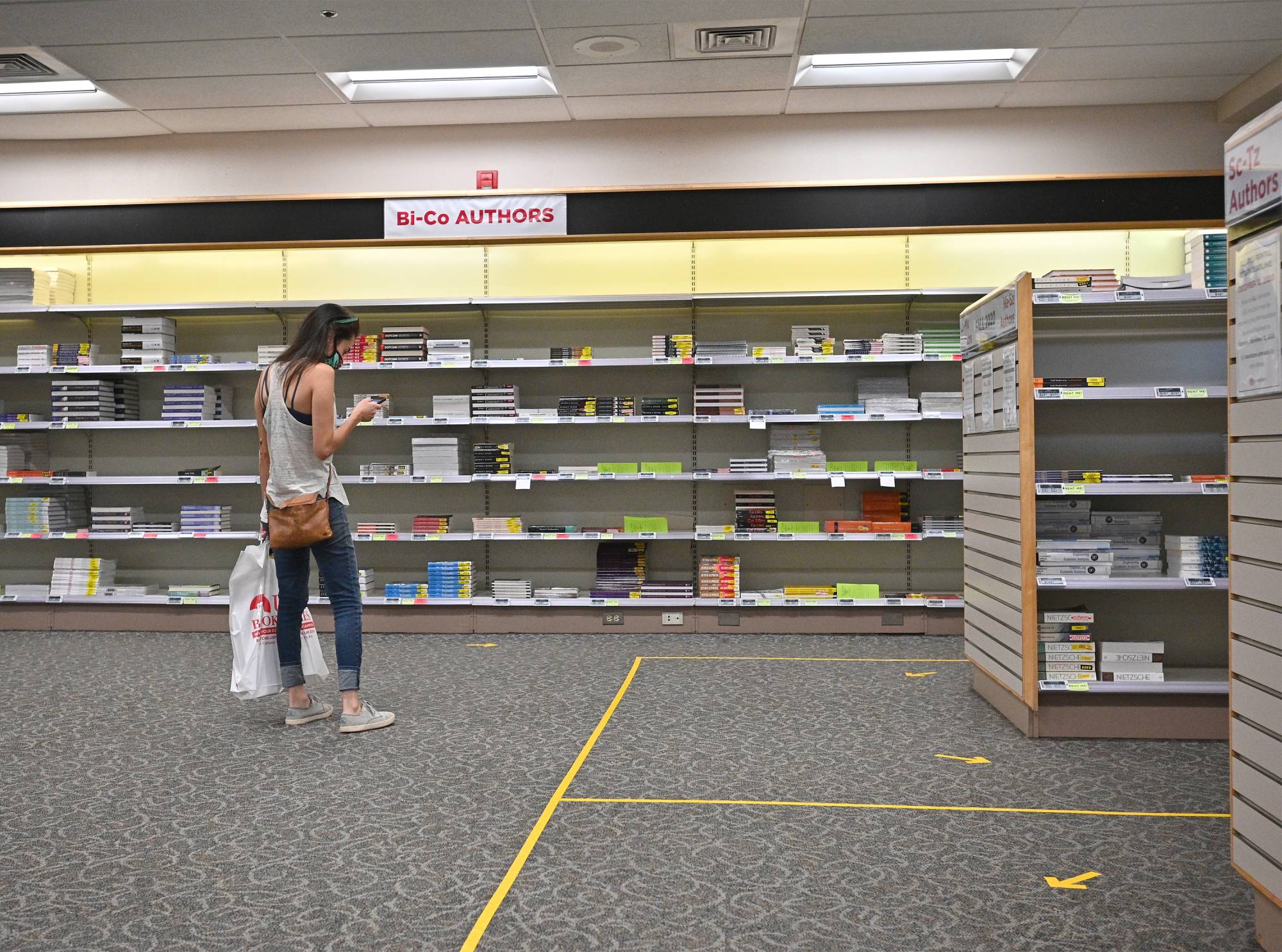California colleges set 100% OER goals as textbook publishers go digital
California colleges set 100% OER goals as textbook publishers go digitalon Aug 10, 2021

“Textbooks will never win in terms of affordability,” Curry said during the panel.
Curry said the district is focusing on OER because when it comes down to student budgets, textbooks will always be the first expense they cut, which can affect learning. He said that along with entering a partnership with the Michelson 20MM Foundation, a Los Angeles nonprofit connected to the event’s host, to develop an implementation program, an OER task force is talking to campus bookstores about the future of their businesses as physical books are phased out. Nicole Allen, the director of open education at the Scholarly Publishing and Academic Resources Coalition, said other states, including New York and Colorado, have made investments in OER, but California’s investment is different because it looks to make course materials part of the “digital infrastructure” of campuses. California already piloted a zero-cost textbook degree program in 2016 with its community colleges, with this year’s budget following up on that investment. Though more states are looking at OER — especially amid conversations about college affordability and digital resources following the pandemic — Allen warned others on the panel not to wane on OER efforts. Though textbook sales decline as OER efforts ramp up, she speculated that might be because students are opting out of buying course materials altogether. “I think we need to point out that there’s a large difference between the OER model and the kind of subscription models that are being offered for publishers, ” Allen said. “Our students get access to materials that are freely available in at least one form, usually online, and that they can keep and download forever. With the model that the publishing industry is often offering materials through inclusive access and other digital subscriptions, it’s short-term access [and] students aren’t able to keep those materials long term.” Source - Edscoop
.jpg)
.jpg)
.jpg)
.jpg)
.jpg)

.jpg)
.jpg)
.jpg)
.jpg)
.jpg)


.jpg)
.jpg)
_(1).jpg)










Sorry! No comment found for this post.